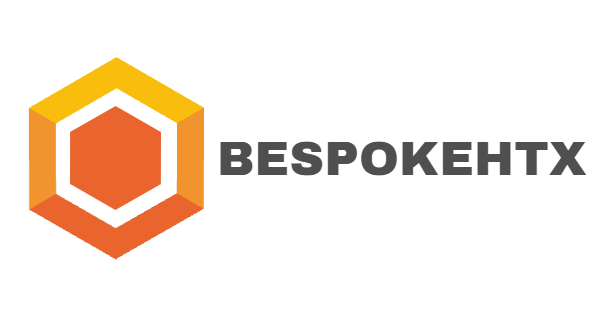Kids' play tunnels are more than just sources of entertainment; they can also serve as valuable educational tools. These versatile structures offer children opportunities for learning and development in various aspects.
This article will explore the educational benefits of kids play tunnel and how they can enhance children's cognitive skills. Children get to increase their physical and social-emotional skills.
Join us as we delve into the exciting world of using play tunnels as educational tools, unlocking the potential for interactive and engaging learning experiences.
Promoting Physical Development and Coordination
Kids' play tunnels offer physical benefits that contribute to children's overall development. By crawling, climbing, and navigating through the tunnels, children engage in movements that improve their gross motor skills, balance, and coordination.
The tunnel provides a safe and stimulating environment for children to enhance their physical abilities.
As they manoeuvre through the tunnel, children develop a greater sense of body awareness and refine their motor skills, essential for various physical activities and daily tasks.
Enhances Spatial Awareness and Problem-Solving Skills
Kids' play tunnels support the development of spatial awareness and problem-solving skills. Children navigate through the tunnels, considering the space, direction, and obstacles they encounter.
This promotes spatial reasoning and an understanding of spatial relationships. Children engage in problem-solving by manoeuvring through the tunnel as they find their way and overcome challenges.
The tunnel environment presents opportunities for children to apply critical thinking, plan their movements, and make decisions, enhancing their problem-solving abilities in various contexts.
Stimulating Imagination and Creativity
Kid's play tunnels ignite children's imaginations and foster creative thinking. The tunnels serve as versatile spaces where children can transform them into various imaginative play scenarios.
Inside the tunnel, children create narratives, role-play, and express their creativity.
The open-ended nature of play tunnels allows children to explore different possibilities, encouraging them to think creatively and develop their imaginative skills.
Children enhance their storytelling abilities through imaginative play in the tunnel, expand their creative thinking, and express themselves freely.
Encouraging Cooperative Play and Social Interaction
Kids' play tunnels provide opportunities for cooperative play and social interaction. Children can engage in collaborative play within the tunnel, taking turns, sharing ideas, and problem-solving.
Children learn to communicate, cooperate, and work as a team by navigating the tunnel together. The tunnel environment promotes social interaction, allowing children to develop essential social skills, such as listening, compromising, and resolving conflicts.
Cooperative play in the tunnel fosters positive social relationships, encourages empathy, and nurtures the development of important social-emotional skills.
Supporting Language and Communication Development
Kids' play tunnels can enhance language and communication skills. As children engage in play within the tunnel, they communicate verbally and non-verbally, expressing their ideas, engaging in pretend play, and engaging in conversations with peers.
The tunnel environment provides a context for language development, vocabulary expansion, storytelling, and imaginative role-playing. Children strengthen their communication skills through play interactions in the tunnel, practice language expression, and develop conversational abilities.
Integrating Learning Concepts and Themes
Kids' play tunnels offer opportunities for integrating learning concepts and themes.
Educators and parents can incorporate educational activities and games within the play tunnel environment to reinforce academic concepts. The tunnel can be a hands-on learning tool for various subjects, such as numbers, letters, colors, or nature.
By integrating learning concepts and themes into tunnel play, children engage in meaningful and interactive learning experiences.
This approach makes learning enjoyable, enhances retention of information, and fosters a love for learning.
Conclusion:
Kids' play tunnels offer a world of educational possibilities that go beyond entertainment. They promote physical development, spatial awareness, problem-solving skills, imagination, cooperative play, and language development.
By recognizing the educational potential of play tunnels, parents and educators can create engaging and interactive learning experiences for children. Let the kid's play tunnel become a gateway to discovery, exploration, and meaningful learning, fostering a love for learning and providing a solid foundation for children's educational journey.
Embracing play tunnels as educational tools allow children to learn through hands-on experiences, promoting holistic development and cultivating a lifelong passion for learning.


